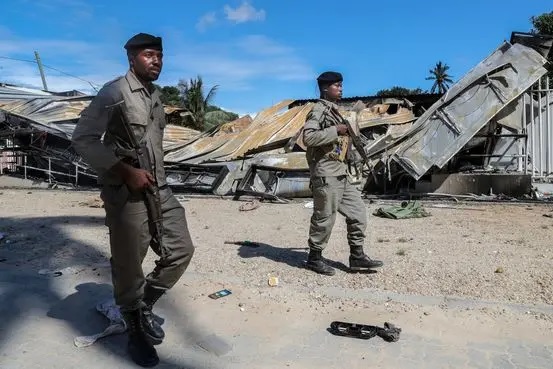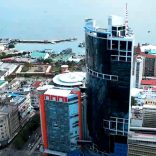Mozambique: Insurance sector generated more than €300 million in 2024
Mozambique: Sofid reported 2020 negative results due to Cabo Delgado impairments

File photo: Lusa
The chief executive of the Society for the Financing of Development (Sofid) told Lusa on Tuesday that this entity reported negative results last year, mainly due to the situation of violence in northern Mozambique.
“In 2020, we had the least negative results since 2007, and they are only not positive due to the pandemic and the increase in impairments because of an operation in northern Mozambique,” Marta Mariz told Lusa on the sidelines of the hearing held at the parliamentary Foreign Affairs Committee.
Asked about which operation, the official pointed to banking secrecy not to give further details about the figures put forward during the meeting by the chairman of the board of Sofid, António Rebelo de Sousa, who said that last year the entity had a negative result of €174,000, €160,000 of which resulted from the situation in northern Mozambique.
“In 2019, we had a record credit granted, and in 2020 we also had a record in the volume of invoicing, essentially due to operations closed in the last quarter of 2019, which influenced 2020, and because for the first time we had a provision of services to [institute], Camões,” Marta Mariz explained.
“Sofid is on the right track, with a huge potential for private sector investment in developing countries, and this investment will be particularly supported by European external action, which out of the total of almost €80 billion, has reserved practically €30 billion for Africa” in terms of funding for external operations, she said.
At the commission, Rebelo de Sousa stressed that Sofid operates under three premises: “the additionality, efficiency and sustainability of operations, and is an instrument of Portuguese cooperation policy.
Armed groups have terrorised Cabo Delgado since 2017, with some attacks being claimed by the ‘jihadist’ group Islamic State, in a wave of violence that has already caused more than 2,500 deaths according to the ACLED conflict registration project and 714,000 displaced according to the Mozambican government.
An attack on Palma, near the gas project under construction, on 24 March caused dozens of deaths and injuries, with no official balance announced.
The Mozambican authorities announced they were controlling the town. Still, the attack led oil company Total to abandon indefinitely the site of the project, which was scheduled to start production in 2024 and on which many of Mozambique’s economic growth expectations for the next decade are anchored.












Leave a Reply
Be the First to Comment!
You must be logged in to post a comment.
You must be logged in to post a comment.